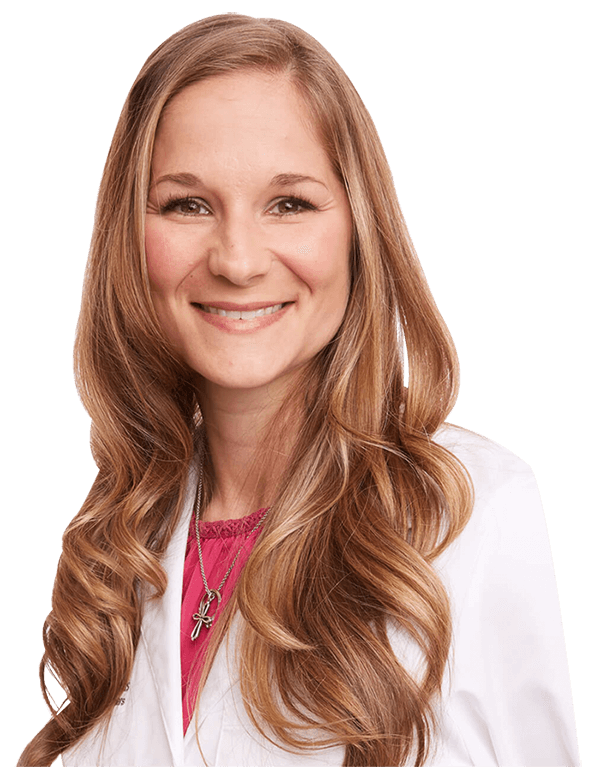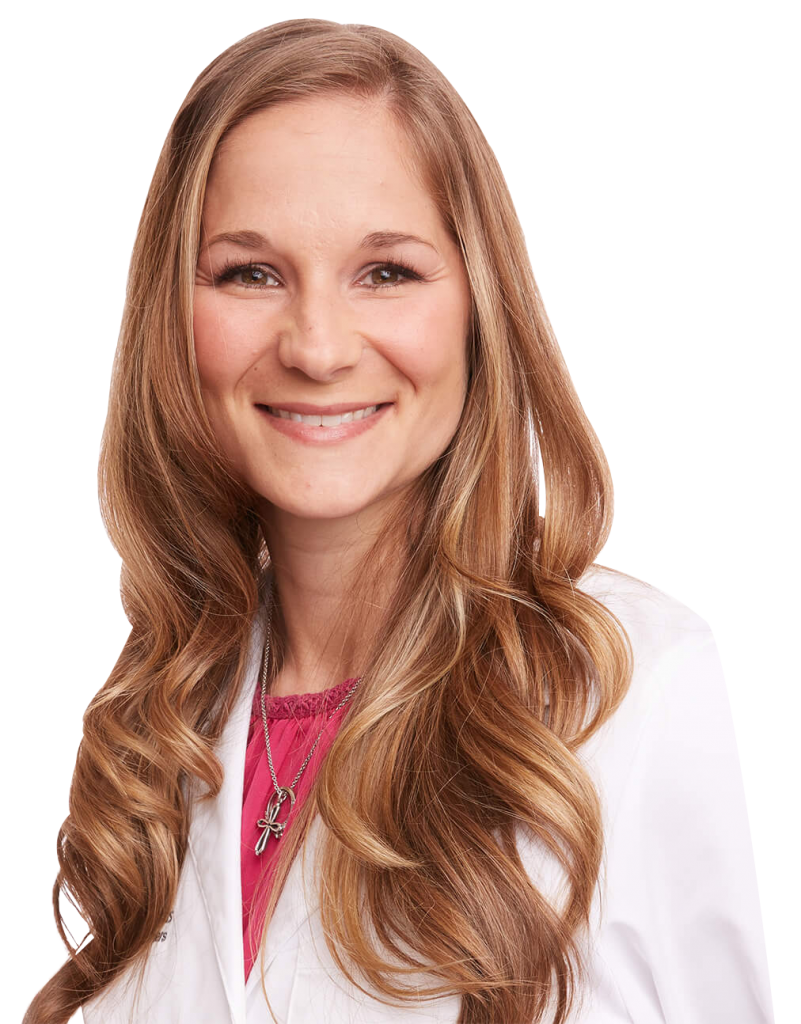
Atypical Ductal Hyperplasia (ADH) is a benign (noncancerous) breast condition that can increase the risk of breast cancer. Dr. Lindsay Keith, an experienced breast surgeon, provides expert care and treatment for patients diagnosed with this condition.
Atypical Ductal Hyperplasia is a condition where there is an increase in the number of cells inside the breast’s milk ducts. These cells look abnormal under a microscope, hence the term ‘atypical.’ While ADH is not cancer, women diagnosed with this condition have an increased risk of developing breast cancer in the future.
ADH is usually diagnosed after a breast biopsy is performed for other reasons, such as a suspicious mammogram result. Once a diagnosis is confirmed, Dr. Keith will discuss the next steps, including monitoring or treatment options.
ADH treatment varies depending on the individual patient’s situation and their risk factors for breast cancer. For some, careful monitoring may be recommended. For others, medication or surgery could be suggested.
With her extensive experience in treating breast conditions, Dr. Lindsay Keith provides personalized care to patients with Atypical Ductal Hyperplasia. She considers each patient’s overall health, personal preferences, and cancer risk when developing a treatment plan.
A diagnosis of ADH can cause anxiety due to its association with increased breast cancer risk. Dr. Keith and her team provide patients with the necessary support, information, and resources to navigate their care journey effectively.
If you have been diagnosed with Atypical Ductal Hyperplasia and need expert care, reach out to schedule a consultation with Dr. Lindsay Keith. Your health and peace of mind are our top priorities.
1. Does having ADH mean I will get breast cancer?
Having ADH increases your risk of developing breast cancer in the future, but it doesn’t mean you will definitely get breast cancer. It’s crucial to discuss your personal risk factors with your healthcare provider and make an informed decision about your care.
2. What is the typical treatment for ADH?
The treatment for ADH varies on an individual basis. Some patients may be closely monitored with regular mammograms, while others may be recommended medication or surgery, depending on their personal and family medical history.
*3. What can I do to reduce my risk of developing breast cancer if I have ADH?
Maintaining a healthy lifestyle, including regular exercise and a balanced diet, can help reduce your overall risk of breast cancer. In some cases, your doctor might recommend medications that can lower your risk.
Answering the call to serve has been my life work, and being your doctor is an immense privilege. Thank you for entrusting me with your care.


1830 Heritage Park Plaza Murfreesboro, TN 37129 (near me)
(615) 900-2621
Schedule a Consultation
Mon-Fri 8AM-5PM